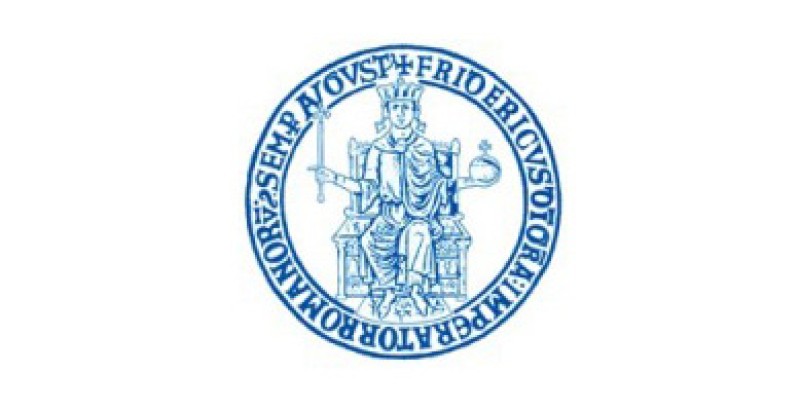Sub-theme 29: Understanding Power and Readiness to Change by Studying the Interactions and Perceptions among Leaders and Followers
Call for Papers
This sub-theme seeks to contribute to a greater understanding of the successful, failed and/or unintended change
implementation in organizations. Contributors can either take a micro, meso or macro perspective towards the role of power
and the emergence of change readiness among leaders and followers. We do this in order to develop new ideas about how complex
organizations (can) deal with potentially competing values in respect of change implementation and the power struggles between
organizational actors (both as change leaders and followers) with different views on organizational change.
Studies
which fit into our sub-theme aim to develop phronesis or practical wisdom (Antonacopoulou, 2010; Flyvbjerg, 2006),
which really fits the 'making do' because this is often necessary in a context marked by hidden powers and blurred distinctions.
Both conceptual and empirical contributions exploring the light, the shadow and the dark side of power during processes of
organizational change are invited to this sub-theme.
Potential questions could be the following:
- How can readiness for planned organizational change be understood by focusing on the shadow of power surrounding change implementation of different organizational levels?
- How can the idea of 'making do' – both of leaders and followers – explain how abstract plans may or may not be implemented in a context of power and resistance?
- What are the specific coping mechanisms during organizational change processes, both of those who strive for change and those who strive to avoid change?
- What can we learn from comparing change processes in different organizations, sectors and national contexts?
- What kind of unintentional aspects of change can be observed?
- How can we further develop the existing change theories by combining them with other relevant fields, such as organizational behavioral theory, social psychology, human resource management, governance studies, network theories, etc.?
We welcome a variety
of approaches and research from different contexts, using different methods, such as papers from a range of research methods,
including investigations based on a quantitative and qualitative data and also comparative casestudies, ethnographic and mixed
methods studies. We would seek to draw on a combination of approaches to change and different change literatures including
combined concepts and research methods. We also particularly invite reflective studies that theorize change in a variety of
research areas and contexts.
References
- Antonacopoulou, E.P. (2010): "Making the Business School More ‘Critical’: Reflexive Critique Based on Phronesis as a Foundation for Impact." British Journal of Management, 21 (1), 1–25.
- Flyvbjerg, B. (2006): "Making Organization Research Matter: Power, Values and Phronesis." In: S. Clegg, C. Hardy, T.B. Lawrence & W.R. Nord (eds.): The SAGE Handbook of Organization Studies. London: SAGE Publications, pp. 370–387.
- Pawson, R., & Tilley, N. (1997): "An introduction to scientific realist evaluation." In: E. Chelimsky & W.R. Shadish (eds.): Evaluation for the 21st Century: A Handbook. Thousand Oaks: SAGE Publications, pp. 405–418.
- van Nistelrooij, A.T.M., & Sminia, H. (2010): "Organization Development: What's Actually Happening?" Journal of Change Management, 10 (4), 409–422.


